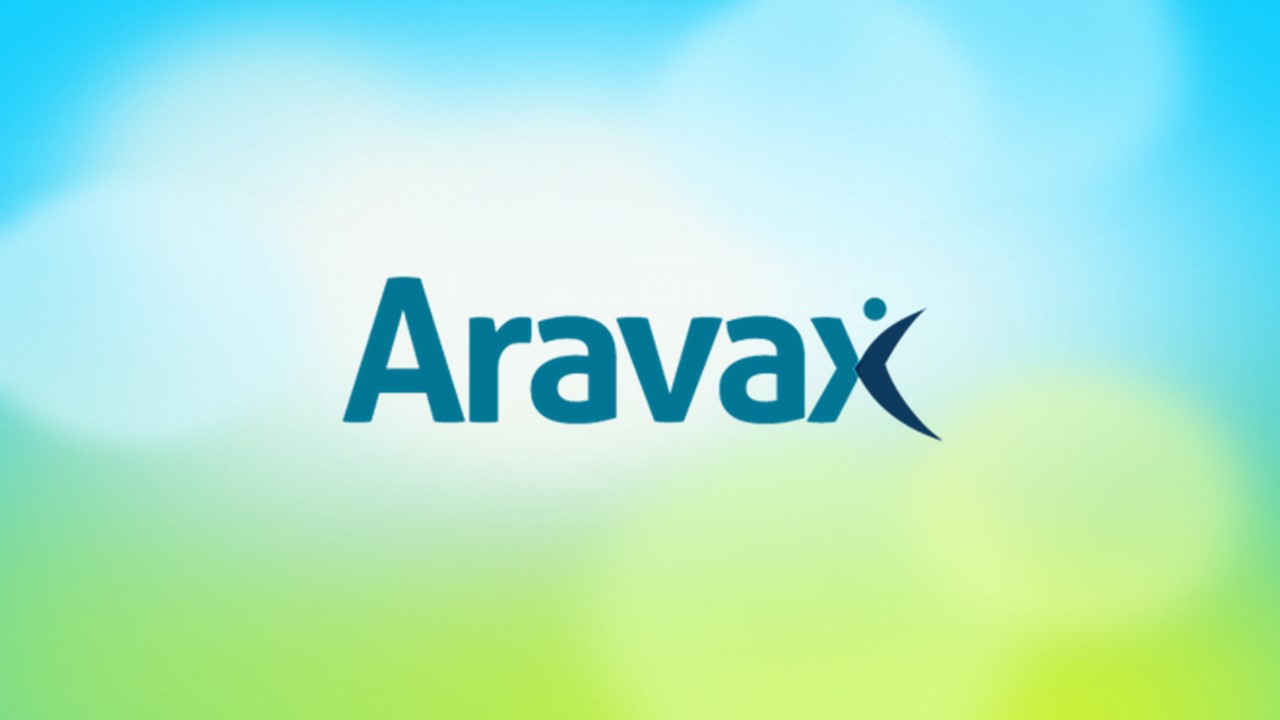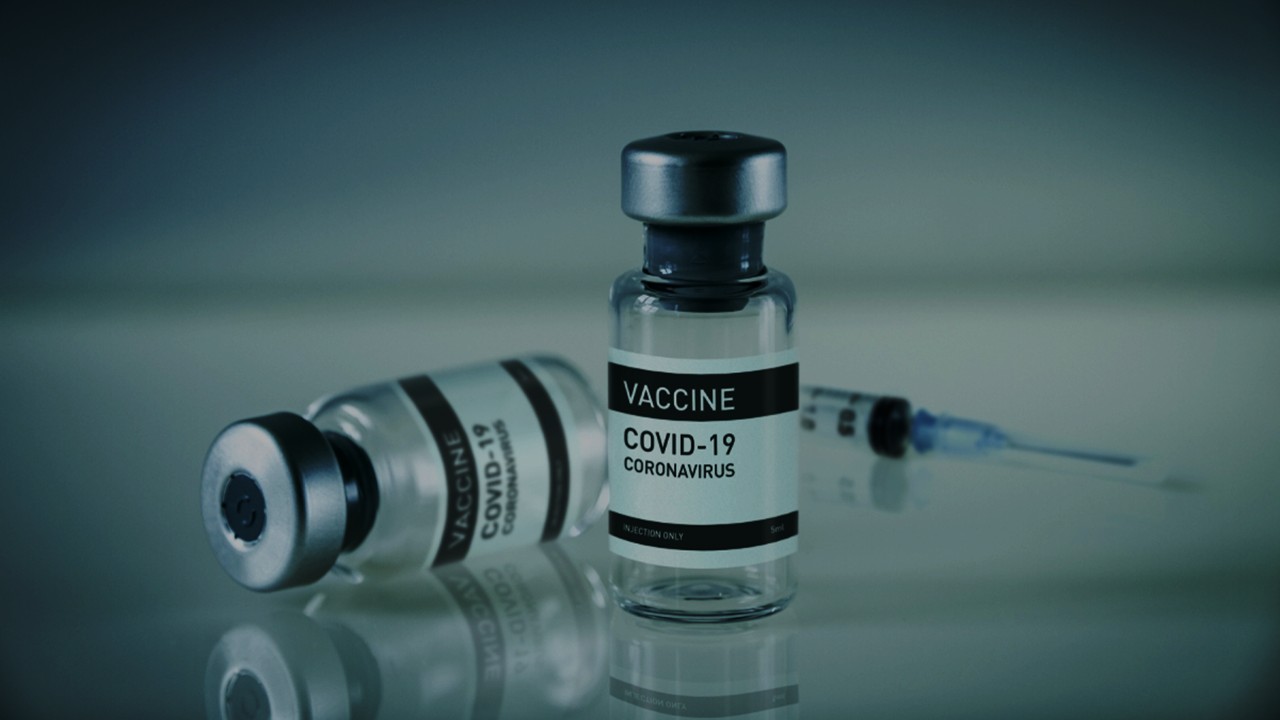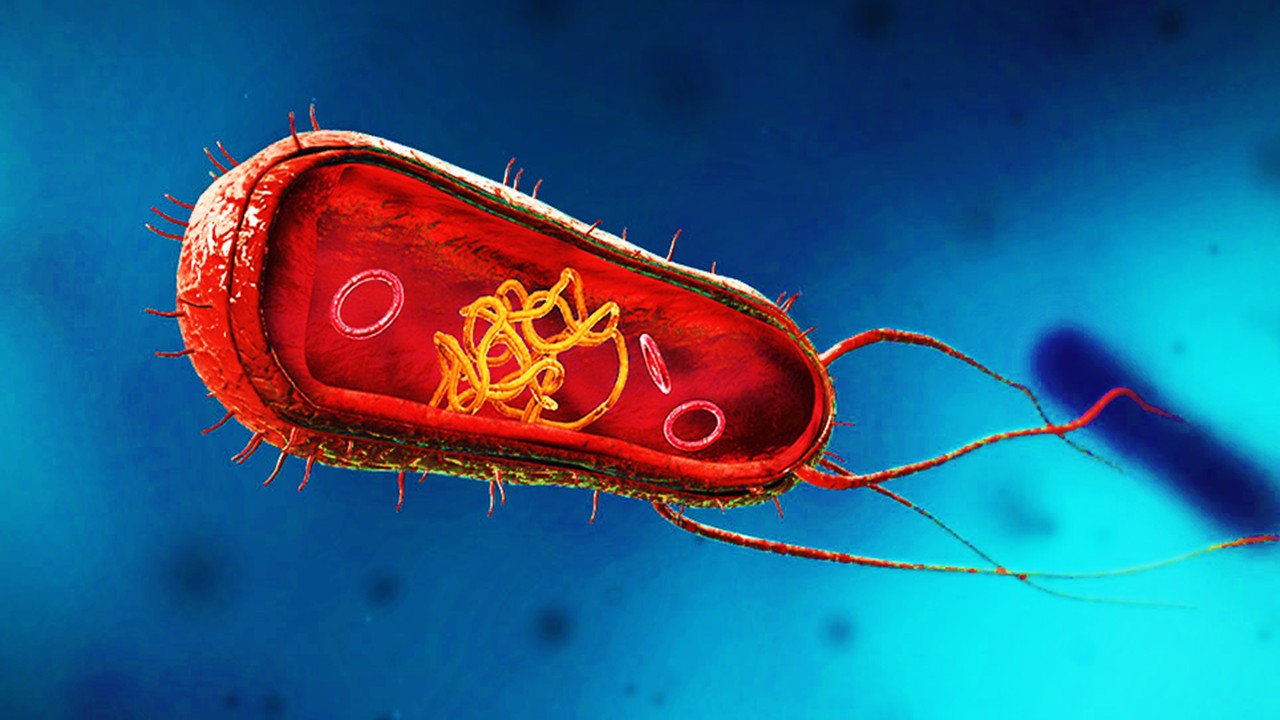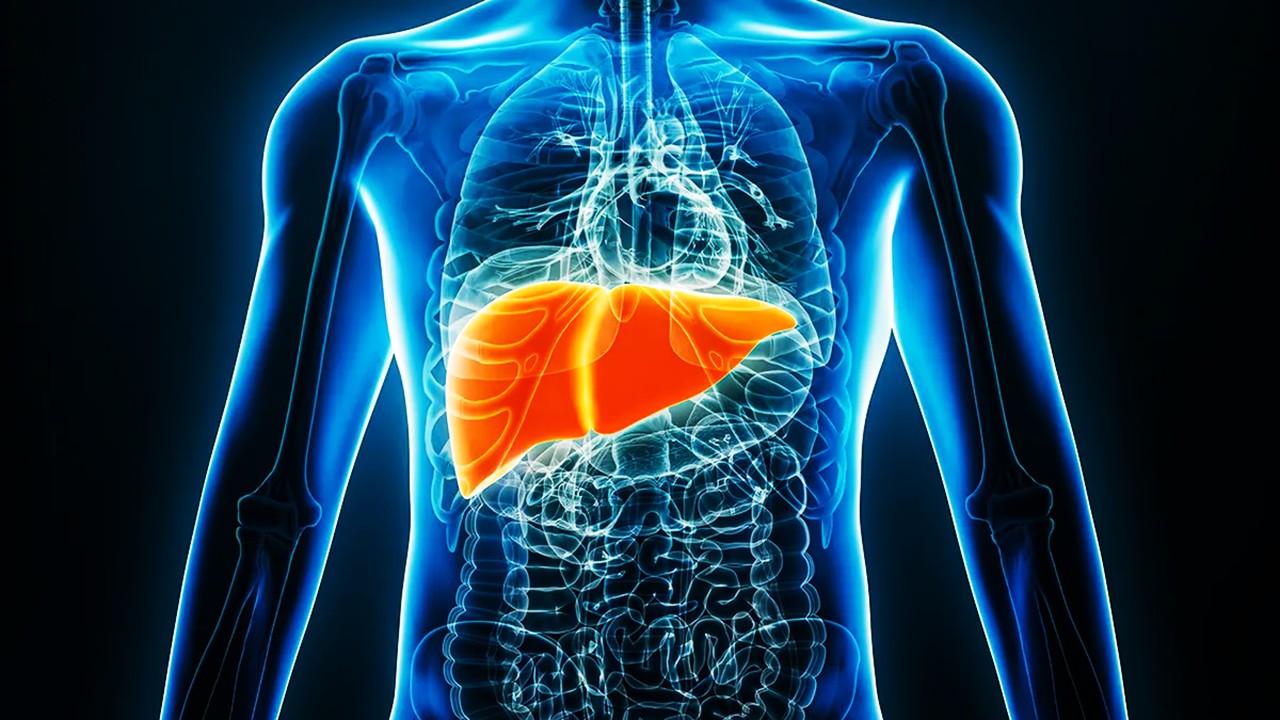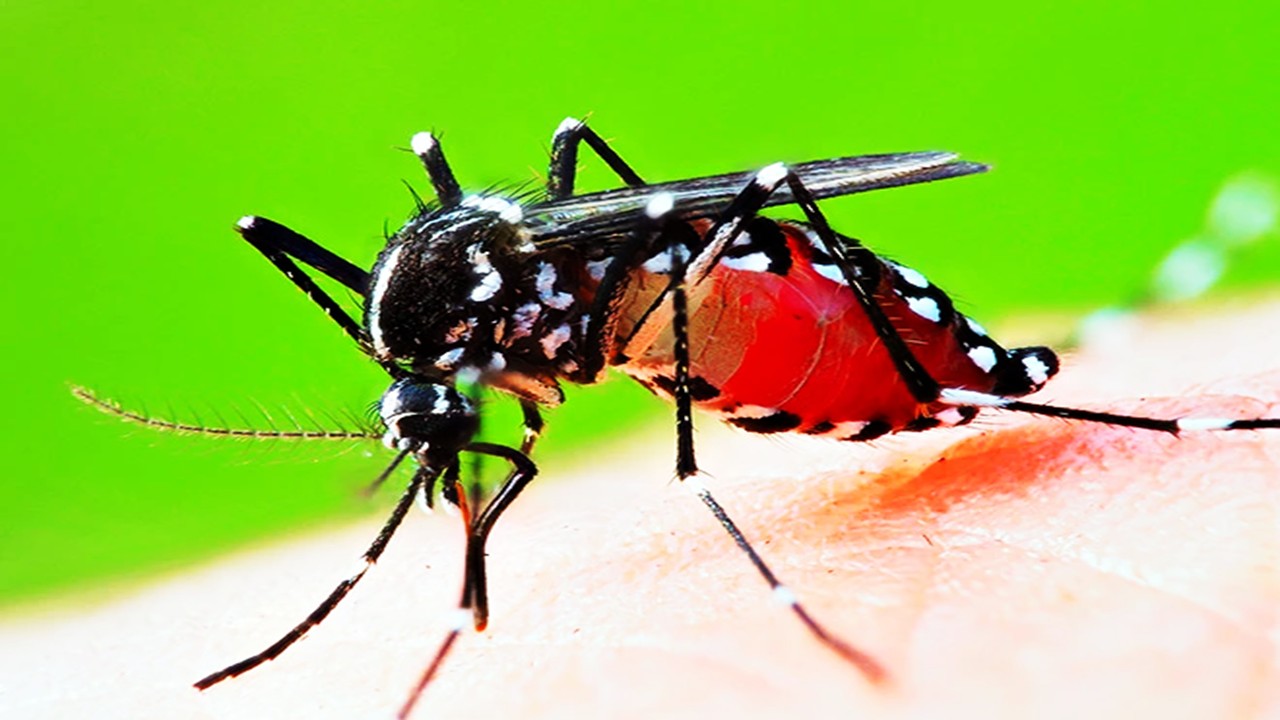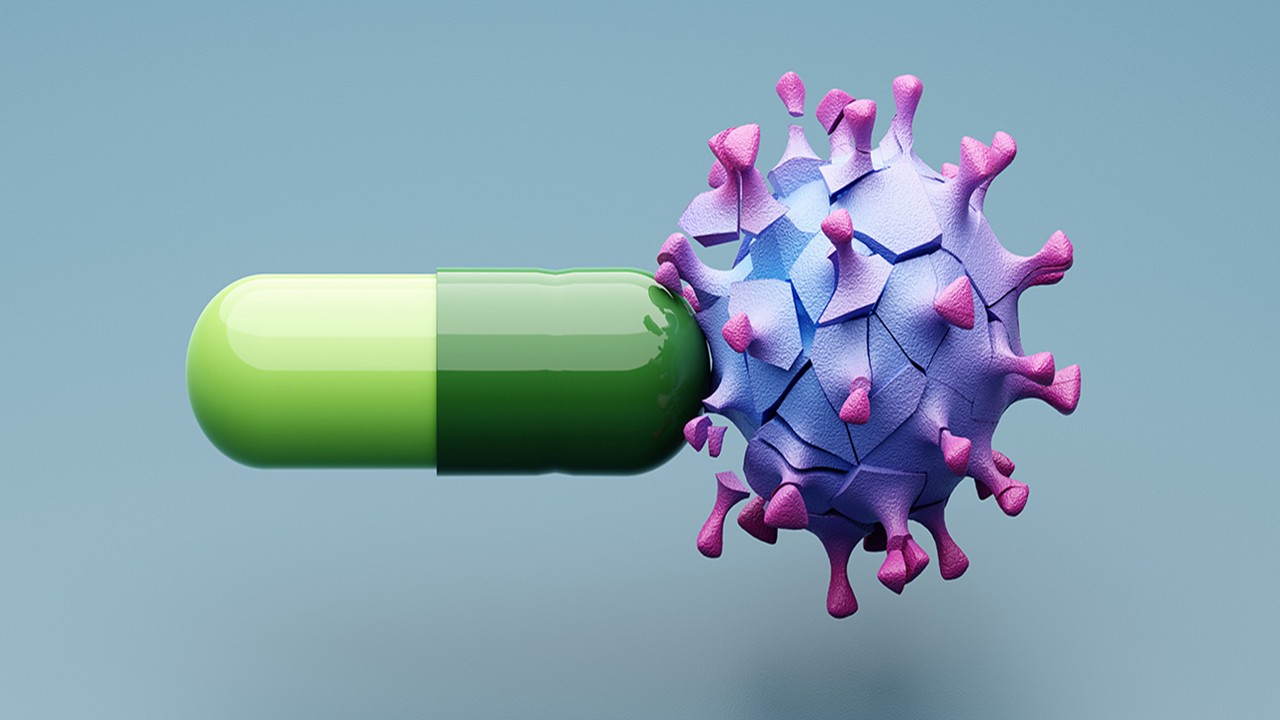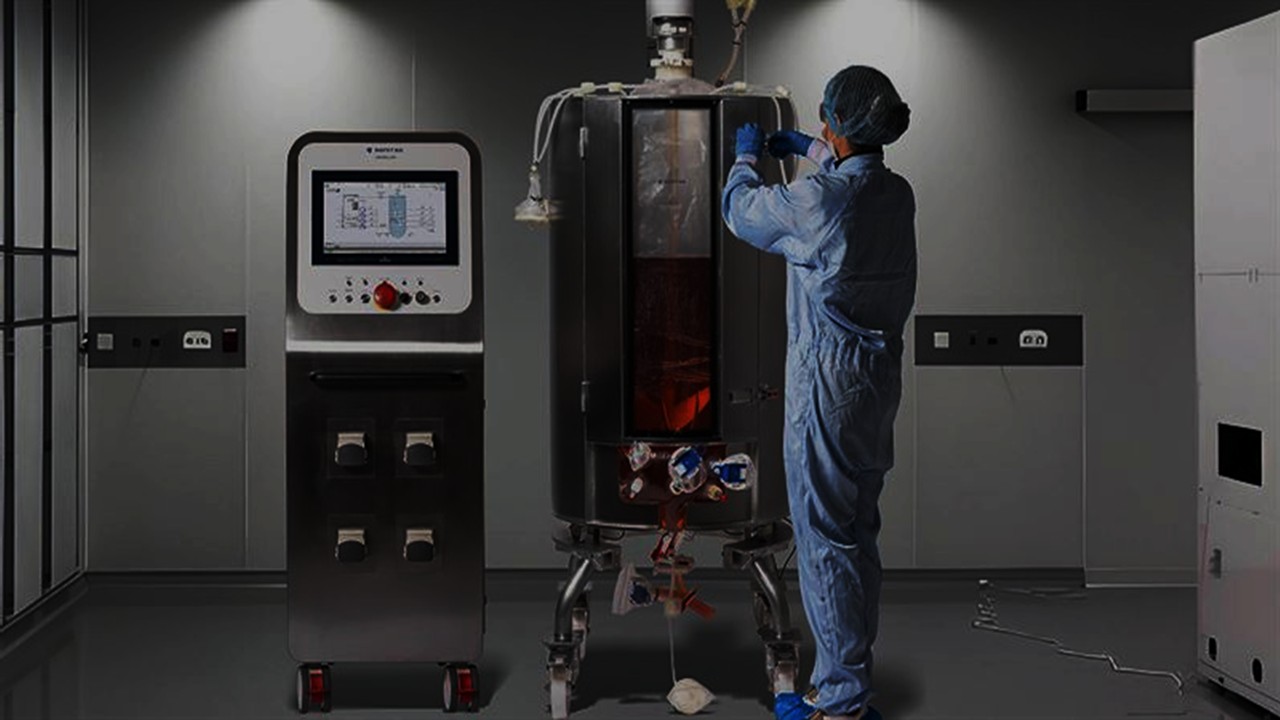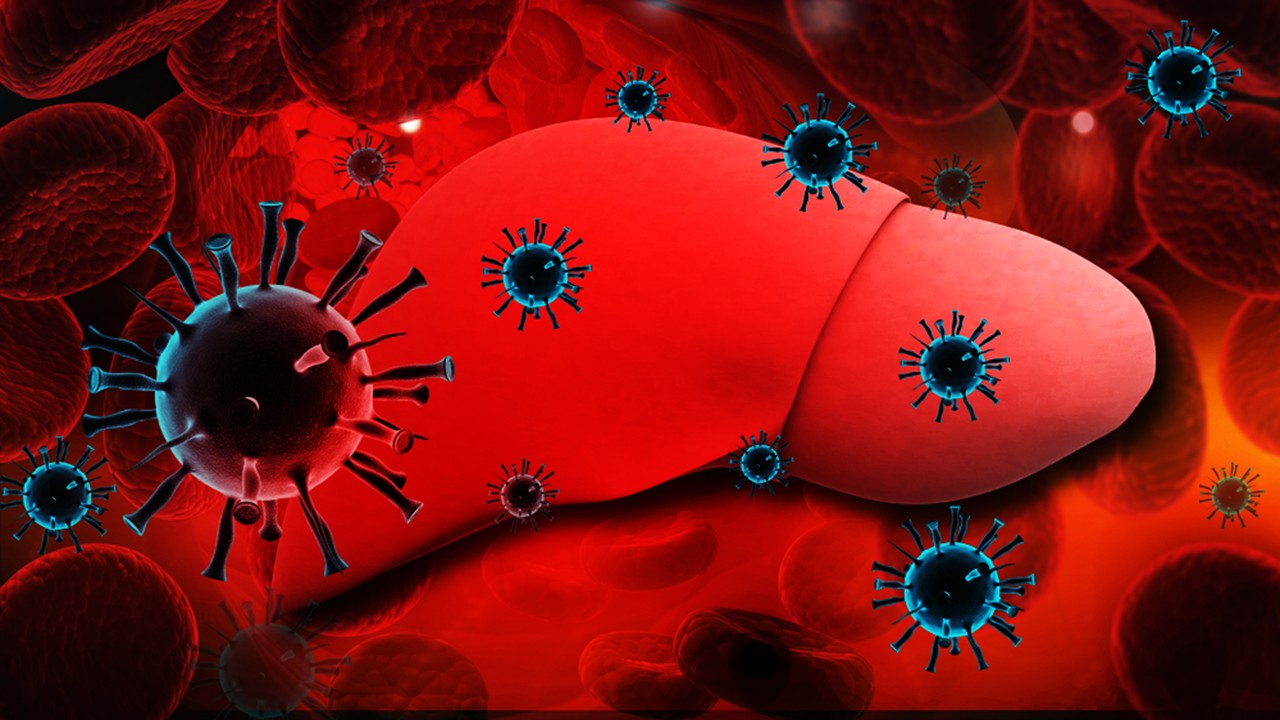Biomica to work with Sheba Medical Center to advance microbiome research
13-Apr-2022
Israeli firm Biomica announced a collaboration agreement with Sheba Medical Center, a world-leading hospital, this week. Biomica is an emerging biotech that seeks to advance microbiome-based therapeutics. The microbiome is an emerging area of research across the life sciences, with correlations established between the gut flora and a wide range of diseases: from nutritional disorders, cancer and even mental disorders such as depression. In a bid to advance the prominence of the microbiome in mainstream research, the partnership will investigate the microbiome of patients with Inflammatory Bowel Disease (IBD) using next-generation sequencing and microbiome analysis. It is hoped that the work will enable the identification of new biomarkers and profiles for IBD patients – which includes patients with Crohn’s, ulcerative colitis and other related conditions. Microbiome-led efforts seem like a natural complement to the traditional standard of care for IBD, with its rising global burden. Dr. Elran Haber, Biomica CEO, expressed the company’s ambitions for the collaboration in a forward-looking statement:
“I am very excited today with the launch of this joint research effort between one of the world’s leading hospitals, Sheba Medical Center, and Biomica. Our goal is that the findings from this study will be highly complementary to Biomica’s previous work on IBD, and advance our ability to identify and utilize specific entities in the microbiome, providing improved therapeutics for this devastating disease. We see great potential in this collaboration with Dr. Haberman and I hope this will pave the path for additional joint studies focusing on improving patients’ care in IBD”
Boehringer Ingelheim partners with Autigen for hearing research
13-Apr-2022
Autigen, a portfolio company focused on hearing-loss owned by Ascend BioVentures, has announced plans for a new partnership with pharma heavy-weight Boehringer Ingelheim. The collaboration seeks to capitalize on Autigen’s expertise to accelerate the development of treatments for sensorineural hearing loss (SNHL). Moderate to complete hearing loss affects 430m people worldwide, with the number expected to reach 700m by 2050 – highlighting the urgency and growing demand for the therapies in question. SNHL accounts for the vast majority of these cases, and can progress to full hearing loss if left unchecked – particularly because of hair cell degeneration in the inner ear. Though the terms of the agreement were not fully disclosed, Autigen will receive an upfront payment and be eligible for royalties and milestone-associated compensation, while Boehringer will assume the lead for preclinical and clinical development as well as commercialization of any products. The dearth of pharmaceutical treatments for SNHL belies the need for innovation in the field, with Autigen expressing their aspirations in the field – as said by Elaine Hamm, President of Autigen and CEO of Ascend BioVentures:
“This collaboration advances our leadership position in novel therapies for sensorineural hearing loss (SHNL), an approach that Autigen and our collaborators at the Hough Ear Institute, have pioneered. It marks the first major licensing partnership out of our pharmaceutical accelerator, Ascend BioVentures and will enable Autigen to advance its novel therapy approach to restore SHNL for patients, who currently have no approved pharmacological or biological treatment options.”
GlaxoSmithKline snaps up Sierra Oncology in $1.9b deal
13-Apr-2022
GlaxoSmithKline this week reached an agreement to acquire late-stage biopharmaceutical company Sierra Oncology, expanding their own portfolio in immuno-oncology. Sierra Oncology, based in California, focuses on developing targeted therapies for rare forms of cancer. Their lead product candidate, momelotinib, is aimed at myelofibrosis patients that have developed anemia. Anemia remains a common symptom for patients with myelofibrosis, a rare bone marrow cancer, with over 40% patients presenting with anemia at diagnosis and nearly all progressing to it. Anemia can interfere with treatment, particularly with the most commonly used JAK inhibitor, and thus leads to reduced rates of survival. Momelotinib alleviates these symptoms and reduces the need for blood transfusion, with positive topline results reported from Sierra’s MOMENTUM Phase III trial. The acquisition will come at a cost of $1.9b for GSK, with GSK Chief Commercial Officer, Luke Miels, highlighting the complementary nature of Sierra’s portfolio for GSK:
“Sierra Oncology complements our commercial and medical expertise in haematology. Momelotinib offers a differentiated treatment option that could address the significant unmet medical needs of myelofibrosis patients with anaemia, the major reason patients discontinue treatment. With this proposed acquisition, we have the opportunity to potentially bring meaningful new benefits to patients and further strengthen our portfolio of specialty medicines”
Janssen bets on protein degradation in collaboration with VantAI
13-Apr-2022
VantAI, an AI-led induced-proximity firm, has announced a collaboration with pharma giant Janssen for the development of protein degradation technology. VantAI uses deep geometric learning technology to mimic millions of years of naturally evolving interfaces, with the insights generated in this process later used in its design process. The firm seeks to use this approach to enhance specificity and potency while maintaining a low molecular weight. The partnership will leverage VantAI’s geometric deep learning platform for the development of molecular linkers and small molecule chimeras. The two companies will also work jointly on the development of novel E3 ubiquitin ligase platforms. Janssen will receive exclusive commercial licenses for all programs developed as part of the collaboration. With the first PROTAC candidates only just entering the clinic, the field remains wide open for innovation as it progresses into the pharmaceutical mainstream. CEO of VantAI, Zachary W. Carpenter, highlighted the importance of the partnership in a forward-looking statement:
“At VantAI we believe that induced proximity systems can provide significant value across a range of debilitating diseases where traditional small molecule approaches have struggled. We are thrilled to be working with the scientists at Janssen to use machine learning to rationally engineer the protein interface component of these systems.”
Halozyme purchases Antares Pharma, adds new tech to portfolio
13-Apr-2022
In a bid to expand its specialty product portfolio, Halozyme has made public plans to acquire Antares Pharma for $960m. Antares is a specialist leader in its auto-injector platform, with Halozyme citing the broad licensing opportunities for the technology. Halozyme projects both short and long term revenue growth from the acquisition. The company additionally plans to expand the platform to other areas, including high viscosity and high volume injection devices. The acquisition also brings the recently approved oral testosterone replacement product Tlando to Halozyme’s portfolio – the first testosterone replacement therapy to not require dose titration. Halozyme sees the merger as highly value-enhancing, as indicated by their CEO, Dr Helen Torley:
“The acquisition of Antares fits well with our previously discussed strategic priorities and provides substantial financial growth potential and disruptive solutions to significantly improve patient experiences and outcomes for emerging and established therapies. Halozyme is well-positioned to leverage Antares’ value proposition, driven by a strong balance sheet, established industry relationships and business development experience. We look forward to welcoming Antares’ talented team as we embark on our next chapter of accelerating financial growth, maximizing patient benefit, and enhancing value”
German government signs pandemic preparedness deal with GSK, CureVac
11-Apr-2022
In a painful lesson learned from the COVID-19 pandemic, CureVac announced that the German government will be entering into a deal with CureVac and GlaxoSmithKline to reserve mRNA manufacturing capacity for possible future emergencies. mRNA vaccines have proven their ability to provide rapid development times to enable a dextrous response to emergent diseases, and will prove critical in ensuring future readiness. The five-year contract will secure at least 80m doses for the German government on short notice until 2029. The contract will consist of a two year set up period, subsequent to which the German government will contribute annual payments to the two companies for the reservation of manufacturing capacity. The deal highlights the importance in providing long-term security for future pandemics – after the chaos and bedlam experienced worldwide with the initial COVID vaccine delivery. The move will likely provide a template for other governments to follow, particularly given the likelihood of the appearance of novel COVID variants in the near future. CureVac CEO, Dr Franz-Werner Haas, highlighted the criticality of ensuring pandemic preparedness:
“This underscored the importance of having access to innovative technology platforms, such as mRNA technology, as well as corresponding robust manufacturing capacities to rapidly develop and deliver life-saving vaccines – particularly as a protective measure in case of future infectious disease emergencies. Considering the unpredictable and variant-driven course of the COVID-19 pandemic, we are fully committed to safeguarding public health today and into the future.”
Nick Zoukas, Former Editor, PharmaFEATURES
Subscribe
to get our
LATEST NEWS
Related Posts

Leadership, Trends & Investments
Where Strategy Meets Science: Inside Proventa International’s Life Science Roundtables
Proventa International’s expert curation of strategy meetings is quietly shaping the future of biotech and pharma, one roundtable at a time.

Leadership, Trends & Investments
Bridging Lab, Clinic, and Supply: The New Era of Pharma Operations
No More Silos: Integrating Science and Supply In a pharmaceutical landscape transformed by pandemics and personalized medicine, the walls between lab research, clinical trials, and logistics are coming down. A decade ago, teams handling Chemistry, Manufacturing, and Controls (CMC) focused on producing compounds after clinical success, while clinical operations (ClinOps) ran trials largely in isolation. […]
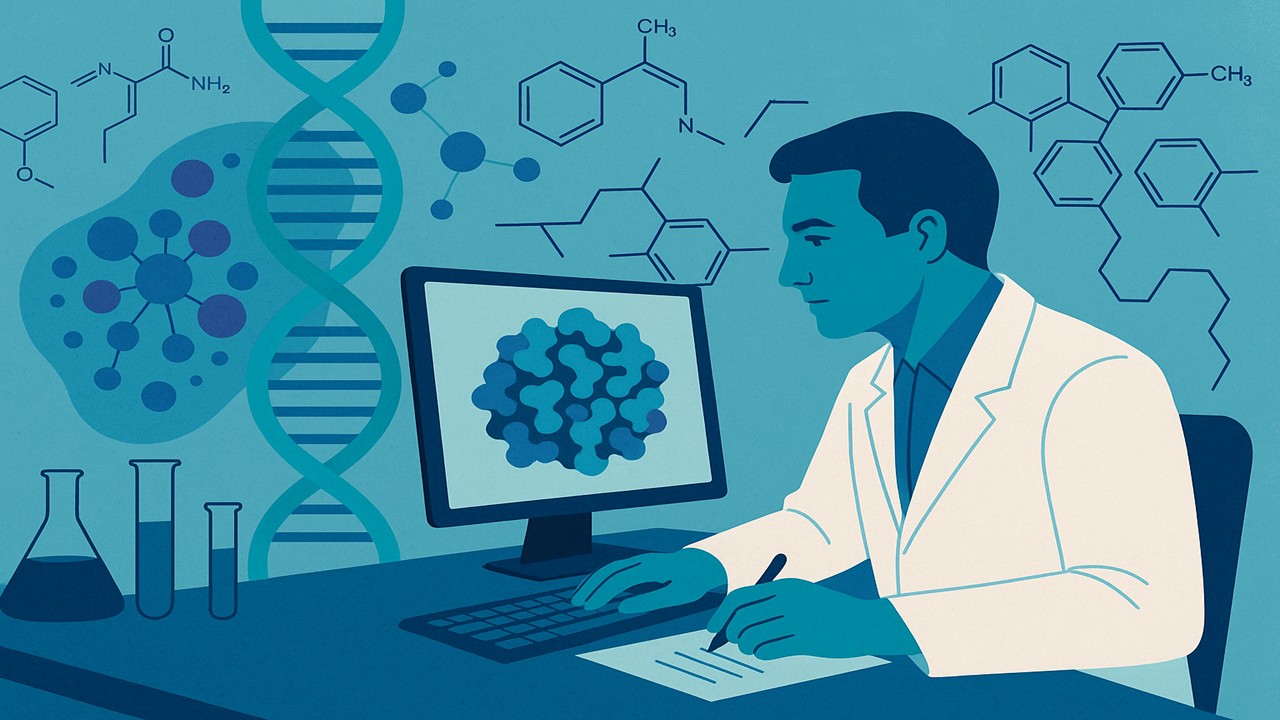
Leadership, Trends & Investments
Chemists, Code, and Cures: The New Era of Drug Discovery
The Evolving Landscape of Drug Discovery In a gleaming pharmaceutical lab in 2025, a medicinal chemist might spend the morning reviewing molecular designs suggested by an artificial intelligence and the afternoon discussing genetic screen results with a biologist. The search for new medicines has evolved into a high-tech endeavor that would have seemed like science […]
Read More Articles
Mini Organs, Major Breakthroughs: How Chemical Innovation and Organoids Are Transforming Drug Discovery
By merging chemical innovation with liver organoids and microfluidics, researchers are transforming drug discovery into a biologically precise, patient-informed, and toxicity-aware process.
Tetravalent Vaccines: The Power of Multivalent E Dimers on Liposomes to Eliminate Immune Interference in Dengue
For the first time, a dengue vaccine candidate has demonstrated the elusive trifecta of broad coverage, balanced immunity, and minimal enhancement risk,




